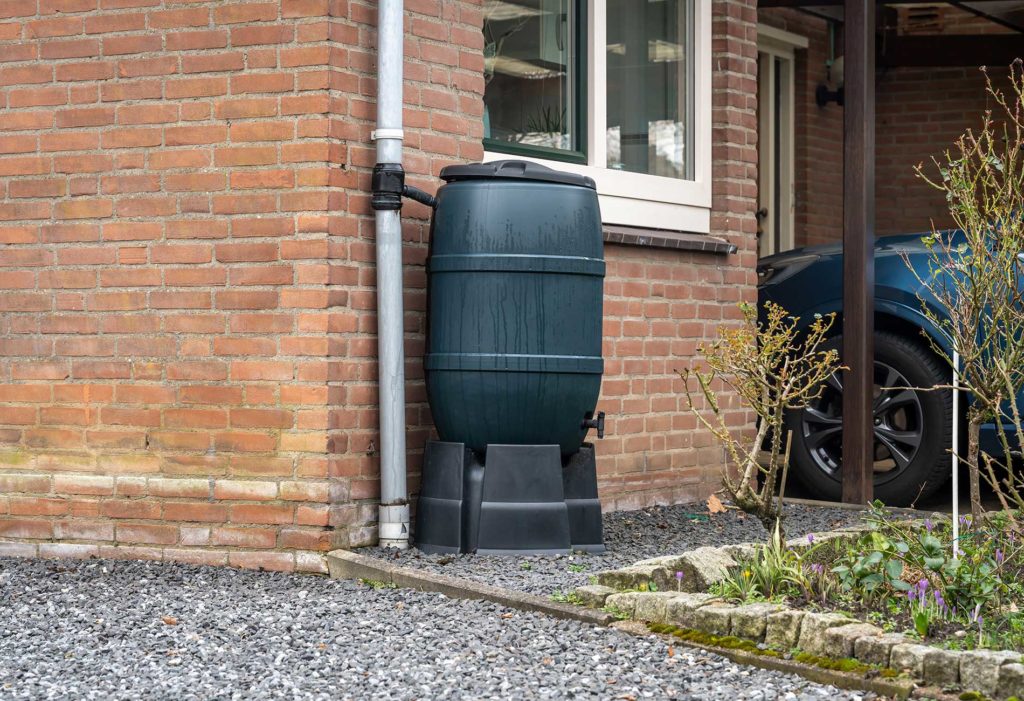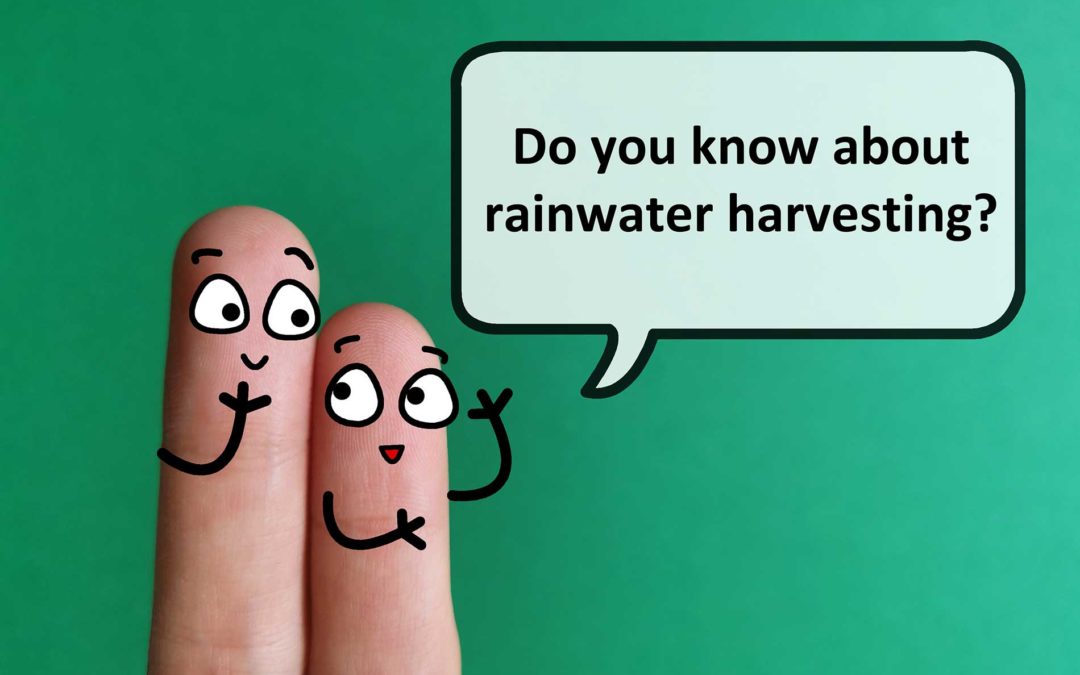Rainwater harvesting is an age-old practice gaining renewed interest today, especially in regions like the Okanagan Valley, where water conservation is front and centre. It was a super hot summer in 2023 and rainwater can help to keep our properties from drying out too much. Not to mention the interest from many BC residents who might wish to live off-grid and avoid the electricity costs of irrigation pumps! If you’ve been thinking about collecting potable rainwater from a metal roof, here are some of the most crucial considerations from our team at Nielsen Roofing:
Roof Material Matters
The type of metal and any coatings or treatments applied to your metal roof can significantly impact the quality of the collected rainwater. For instance, galvanized metal, aluminum, and stainless steel metal roofs can be excellent choices for rainwater collection due to their non-toxic nature. On the other hand, roofs with lead flashings or lead-based paints should be avoided, as they can contaminate your water and leach into the soil.
Maintenance Is Key
While metal roofs are generally low-maintenance, regular upkeep is essential when collecting rainwater. The roof should be inspected and if there are breaks in the metal, if you are collecting rain water, this water may end up inside your attic!

Water Treatment is Essential
It goes without saying that even if you’re collecting rainwater from the cleanest metal roof, treating the water before human consumption is non-negotiable! Filtration systems can effectively remove particulates, ensuring the water is clear and free from bacteria and debris. Ultraviolet (UV) light purification is highly recommended, as it kills pathogens that might be present in the water.
Keep the Harvesting System Clean
A rainwater harvesting setup requires regular maintenance to function optimally. Over time, dust, bird droppings, leaves, and other debris can accumulate on a roof and find their way down into a water harvesting barrel or tank. Regular cleaning ensures that these contaminants don’t find their way into your water system, maintaining the quality of the collected rainwater and avoiding possible blockages.
Consider Environmental Factors
Environmental factors play a significant role, too. If you live in an area with high air pollution or are close to industrial processing plants, your rainwater might contain harmful substances that could affect your lawn and plants. You might need to invest in more advanced filtration systems in cases like this.
Make Every Drop Count with Nielsen
While collecting potable rainwater from metal roofs is a commendable and environmentally friendly initiative, it’s essential to approach the process with knowledge and caution. Partnering with experts like Nielsen Roofing and Sheet Metal ensures you have the best roof for your rainwater harvesting needs. Don’t leave it to chance; contact Nielsen Roofing and Sheet Metal today and take a step towards sustainable living with confidence.
